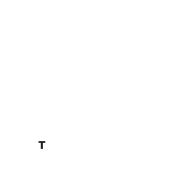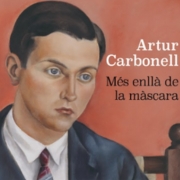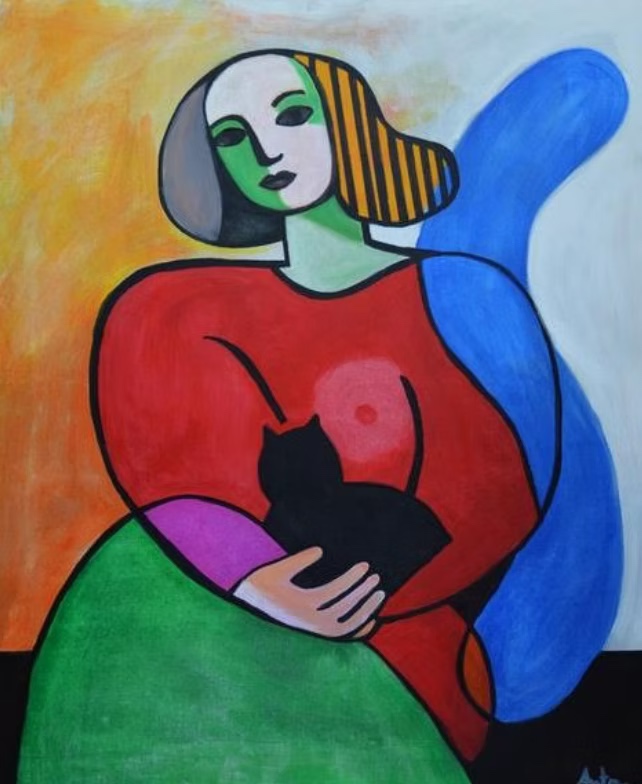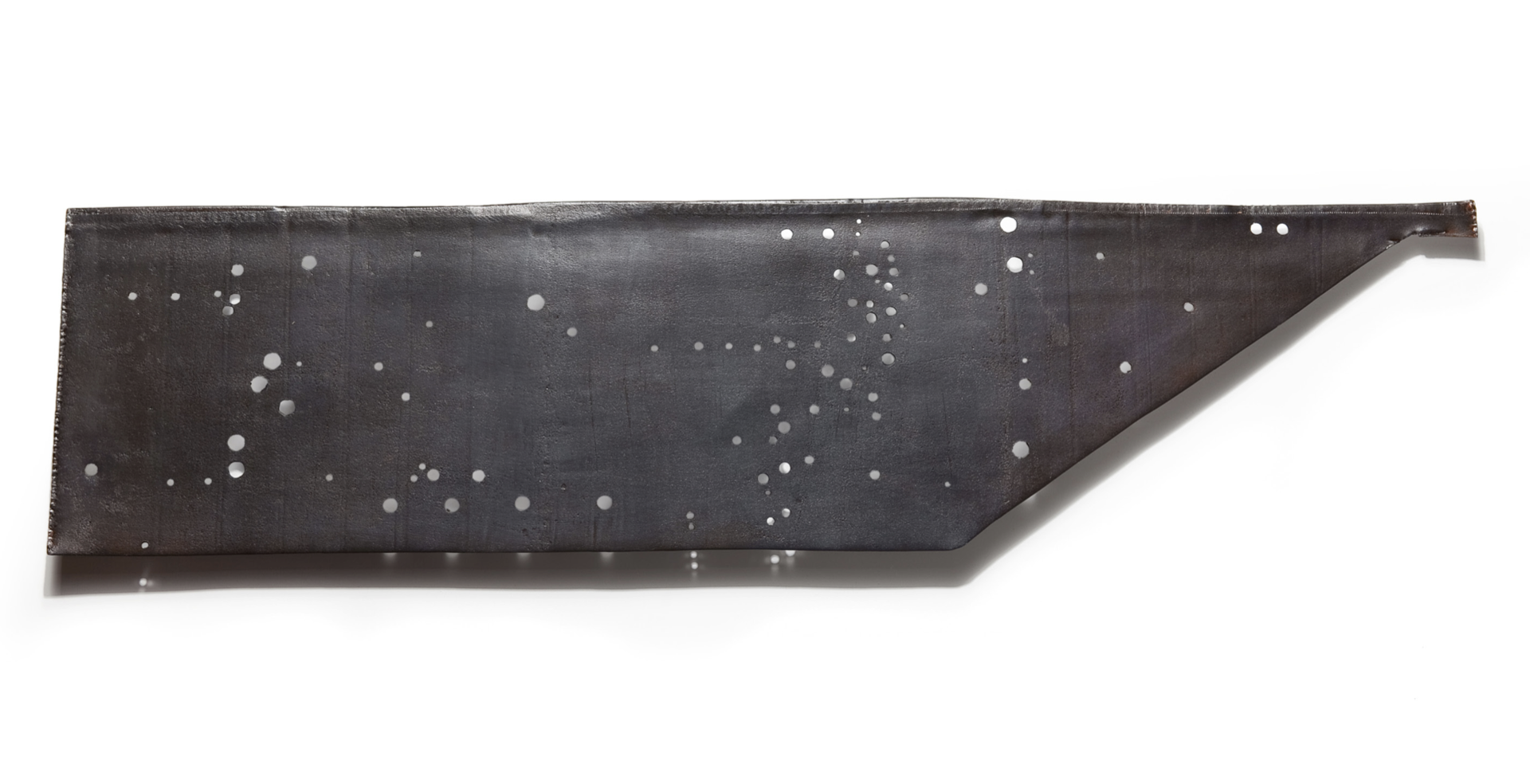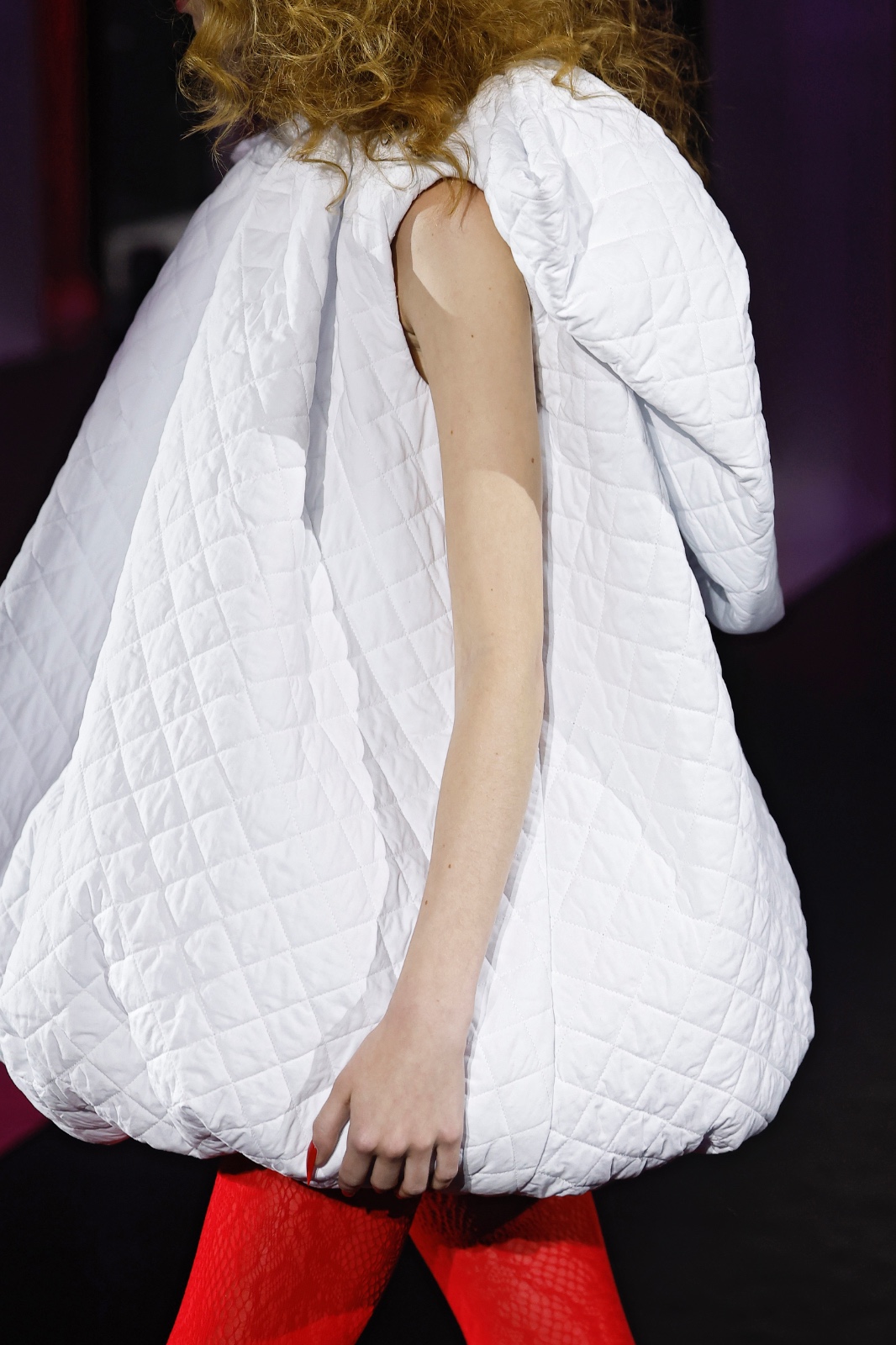Opinion
Tomorrow is the question
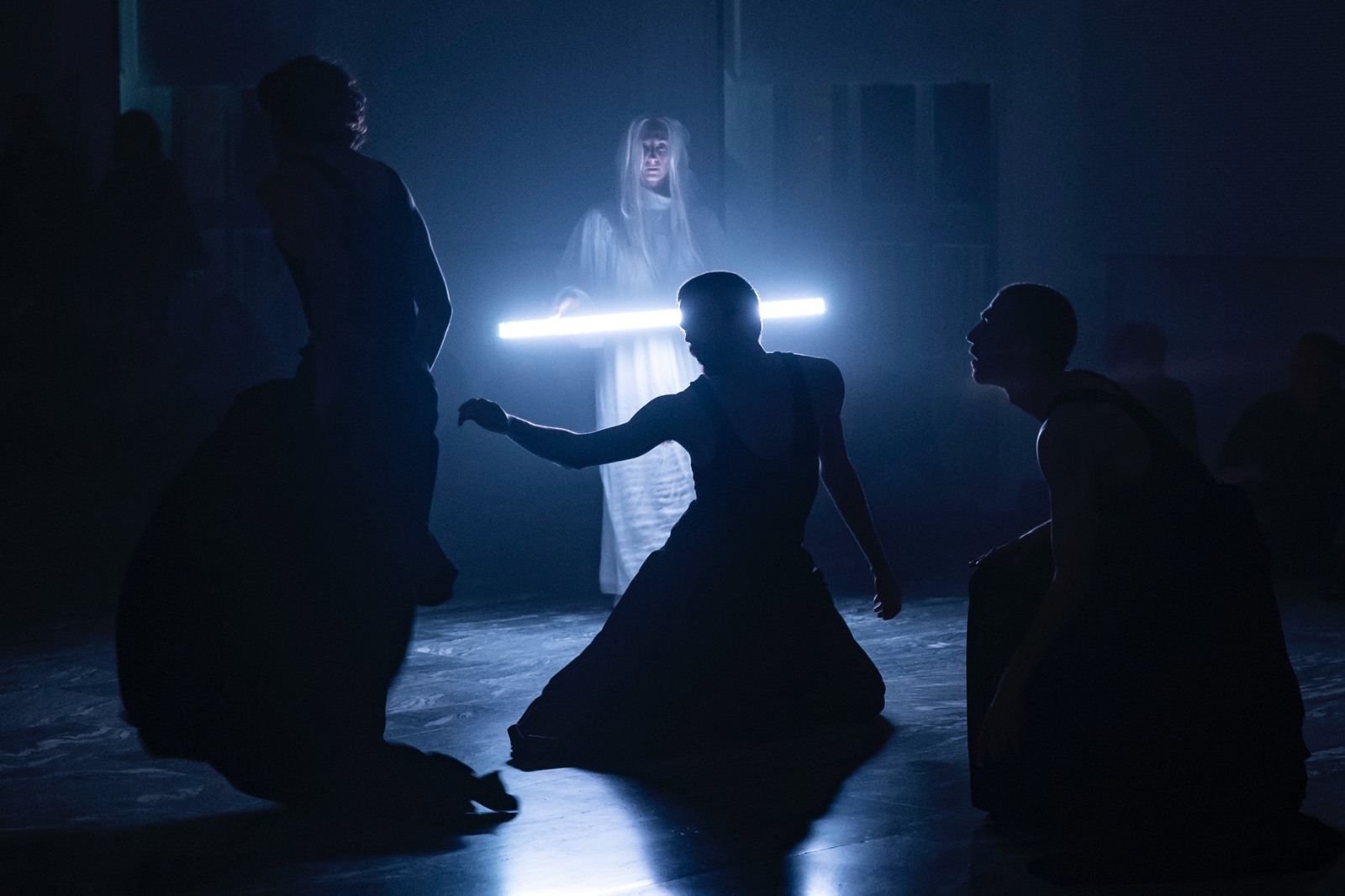
In June 2020, the legendary Berlin techno club Berghain, closed during the pandemic, reopened to present the exhibition Studio Berlin, with works by 117 artists residing in the city. One of them, Rirkrit Tiravanija, presented an installation outside the building with the phrase Morgen ist die Frage [Tomorrow is the question]. Four years later, this phrase and this reference to Tiravanija appear in the work Totentanz. Morgen ist die Frage, by the company La Veronal, a creation that was presented at the Teatre Lliure and that brings together an installation, a video and a performance that brings medieval dances of death into the present.
.jpeg) Totentatz-Morgen ist die Frage, La veronal. © Lorenza Daverio
Totentatz-Morgen ist die Frage, La veronal. © Lorenza Daverio
There are many parallels between the medieval era and the present. If the former was a time of wars, plagues, misrule, banditry, insurrection, religious divisions and schisms, in the present moment, called technofeudalism by the economist Yanis Varoufakis, the feudal lords are the owners of the “cloud capital” and the rest of us are serfs, a new system of exploitation that causes inequality to increase. Indefiniteness and uncertainty reopen wounds, frustrations, millennial fears and become fertile ground for simple and populist missives. The medieval dances of death were a way of overcoming fear. The fear of death and insecurity; a fear that in our societies is also associated with the loss of values and an overreaction to ward it off through excess (of images, productions, noises, activities, opinions...). The final video of Totentanz, with an avalanche of images of an overflowing present (wars, violence, parties, masses, protests, genocides...), leaves us breathless. Perhaps this is the current way of neutralizing fears, with an excess of images and noises that hypnotizes us. While this state of shock lasts, censorship reigns with total impunity (the one that asks not to make compromising political statements, point out injustices or, directly, cancels).
 Totentatz-Morgen ist die Frage, La veronal. © Lorenza Daverio
Totentatz-Morgen ist die Frage, La veronal. © Lorenza Daverio
But the dances of death are also a catharsis after which new things can emerge. The Middle Ages were not a uniform period, but between the 11th and 15th centuries the foundations of the Renaissance were laid, as well as a scientific interest in the investigation of nature, empirical knowledge and the phenomena of the universe. In the present, aspects of different moments coexist, the difference being that all those changes that in the past took centuries can now take place in a few years. It is essential to be attentive to analytical analogies to understand the current international system, but unlike how scholars of international politics or sociology would do it, those who can best work on these analogies are the artists who, in a free way, generate spaces for thought and lucidity.


